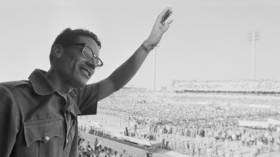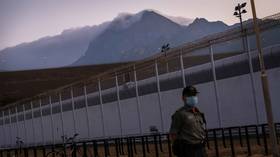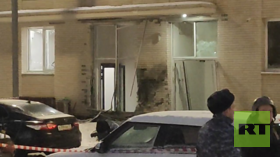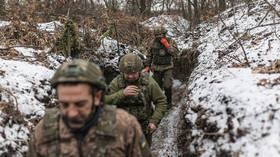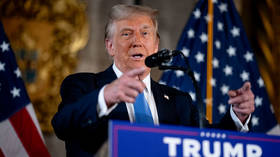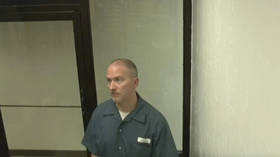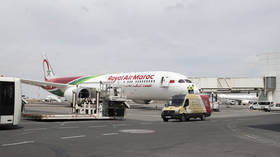UN launches fresh attempts to resolve political deadlock in Libya
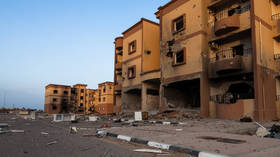
The United Nations mission in Libya (UNSMIL) has announced a new initiative to resolve issues and hold long-delayed elections. The North African nation has been divided between competing governments since a NATO-backed uprising ousted former leader Muammar Gaddafi over a decade ago.
Stephanie Khoury, acting head of the UNSMIL and deputy special envoy for Libya, made the announcement during a briefing at the UN Security Council (UNSC) on Monday.
“UNSMIL intends to establish an advisory committee to develop options for resolving outstanding issues in the electoral framework and pave the way for the holding of general elections and one government for all Libyans,” she stated.
Khoury clarified that the “time-bound” Libyan expert committee is not a “dialogue group to take decisions,” but rather one that generates options for Libyan decision-makers to consider in the “follow-on phase.”
Libya has remained fragile since Gaddafi’s overthrow and execution in 2011. Rival factions control different parts of the once-prosperous country, with rival authorities in the capital, Tripoli, and the eastern city of Benghazi. There have been several attempts to unite them, but all have failed. Elections scheduled for December 2021 were canceled at the last minute due to disagreements over candidate eligibility and rules, including those for verifying results.
The interim Government of National Unity (GNU), led by Prime Minister Abdulhamid al-Dbeibah, was installed as part of a UN-backed process to prepare for elections. The Libyan parliament no longer recognizes the GNU’s legitimacy, but Dbeibah has said he will only hand over power to a successor when elections are successfully held.
On Monday, Khoury warned that unresolved political issues continue to threaten Libya’s national unity and territorial integrity, weakening the oil-rich country’s transitional structure.
She added that in recent weeks, she has discussed the main features of the mission’s initiative with Libyan stakeholders and regional and international partners. The acting USMIL head said that on Sunday night, she shared the group’s plan to overcome the political deadlock with Libyans.
In response, Libya’s permanent representative to the UN, Taher El-Sonni, who represents the internationally recognized government in Tripoli, asked Security Council members to apologize to the Libyan people for repeating plans that would not result in elections.
“A national dialogue remains the best course to overcome the remaining differences, and that is to reach consensus for completing the general elections as soon as possible,” the envoy stated.
